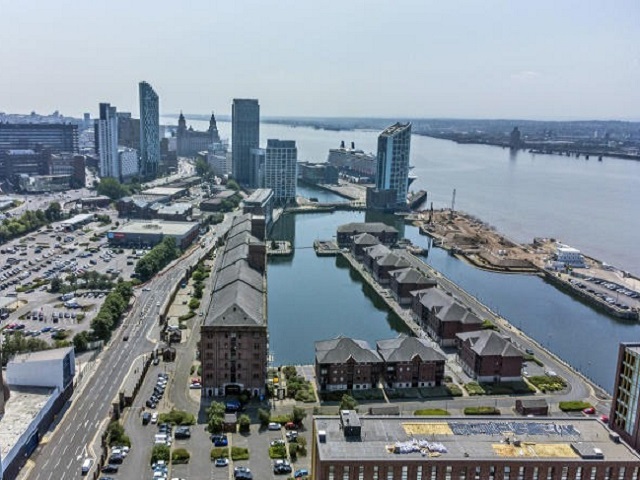
UNESCO on July 21, 2021 voted narrowly to remove Liverpool from its list of world heritage sites, making it the third site to be removed from the prestigious list.
UNESCO’s World Heritage Committee Chairman Tian Xuejun declared that the site of Liverpool Maritime Mercantile City is being deleted from the World Heritage List. This is the third removal, previous being sites in Oman and Germany.
Why has Liverpool been removed from the UNESCO world heritage list?
• Liverpool has been removed from the list due to concerns over new buildings that are being planned in the city, which as per the committee will undermine the Victorian heritage of the site.
• The committee discussions stretched for about two days, where representatives of 21 countries were apprised about the redevelopment plans of Liverpool waterfront including high rise buildings. The talks were chaired by China.
• The delegates expressed concerns of over development and felt that it would “irreversibly damage” the heritage of the historic port in northwest England. This also includes plans to construct a new football stadium.
• Overall, 13 delegates voted in favour of the proposal to remove Liverpool from the list, while five delegates votes against. This number of people who voted in favour was just one more than the two-thirds majority required to drop a site from the global list.
• The countries that opposed Liverpool’s delisting included Australia, Hungary, Brazil and Nigeria who argued that any step should be deferred a year to give the UK and Liverpool authorities more time. On the other hand, Australia’s own listing for the Great Barrier Reef is threatened in this year’s UNESCO deliberations.
• The International Council on Monuments and Sites that advises UNESCO on the heritage list said that the UK government had been “repeatedly requested” to come up with stronger assurances about the city’s future.
• It said that the planned new stadium for Everton football club was approved by the government without any public enquiry.
UK’s response
The UK culture minister Caroline Dinenage informed the committee that the UK government was serious about preserving Liverpool’s character and argued that the delisting “would be a huge loss”.
Liverpool’s newly elected mayor Joanne Anderson also said that she was “really disappointed” in the decision and would try to appeal.
#BreakingNews #Video | @MayorLpool Joanne Anderson responds to UNESCO’s decision to delete Liverpool from its list of World Heritage sites. pic.twitter.com/PCrAsNvyu0
— Liverpool City Council (@lpoolcouncil)
July 21, 2021
Which other sites have been delisted from the UNESCO World Heritage List?
Only two sites have been dropped from the UNESCO World Heritage List previously, which include a wildlife sanctuary in Oman in 2007 after poaching and habitat loss and the Dresden Elbe valley in Germany in 2009 after a four-lane bridge was built over the river.
Liverpool waterfront and docks• The Liverpool waterfront and docks were listed as UNESCO World Heritage site in 2004 by the UN’s cultural organisation, joining other landmarks such as the Great Wall of China, Taj Mahal and the Leaning Tower of Pisa. • The port city was included in the prestigious list for its architectural beauty and in recognition of its role as one of the world’s most important ports during the 18th and 19th centuries. • While the docks had declined and became derelict in the 20th century but have been restored with museums, shops, bars, restaurants and new housing developments, making Liverpool a symbol of urban renewal. • The Liverpool waterfront is also the site of a statue honouring the four members of The Beatles band, the city’s most famous cultural export. The city is the hometown of famous British rock band, The Beatles, • However, the threat of being delisted hung over Liverpool since 2012 after UNESCO warned that its plans for development of new flats and offices would destroy the city’s skyline. • UNESCO urged the city to limit building heights and reconsider the proposed new football stadium for Everton football club at the Bramley-Moore Dock, warning “significant loss to its authenticity and integrity”. • However, plans for the football stadiums on part of the former docks were approved earlier this year despite objections from conservation bodies and heritage body ICOMOS, acting on behalf of UNESCO, as well as the Victorian Society and Historic England. |

